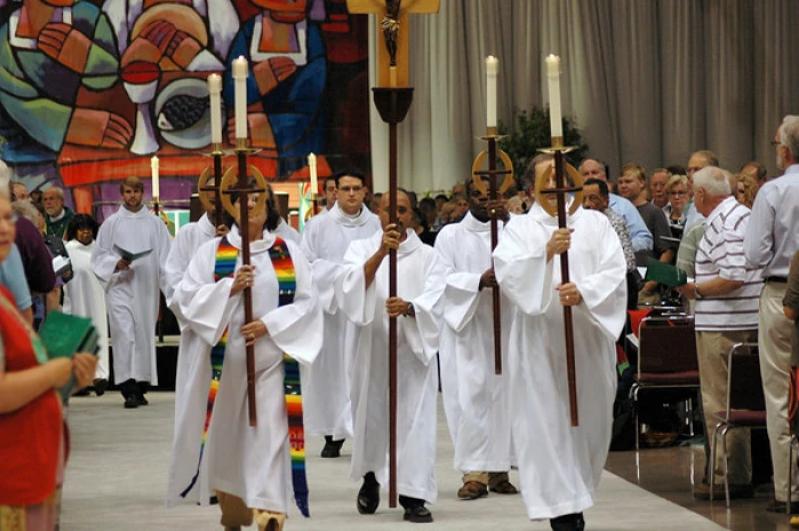
The Evangelical Lutheran Church in America (ELCA) has decided not to remove conscience protections for members who oppose same-sex marriage.
Adopted in 2009, the statement recognizes four differing theological perspectives on same-gender relationships and introduced the concept of “bound conscience”—affirming that faithful members may disagree on the issue while remaining in full communion within the church.
According to CP, concerns were raised by some within the denomination who feared that proposed language edits might lead to a weakening of these conscience-based protections. However, ELCA officials have emphasized that the revisions under consideration are editorial in nature, aiming to improve clarity and accessibility without altering the statement’s theological substance.
“These are not changes to the content or commitments of the statement,” said Ryan P. Cumming, ELCA’s Program Director for Theological Ethics, Education, and Community Engagement. “They’re designed to improve the readability and style of the document, not shift its meaning or direction.”
The “bound conscience” principle has been pivotal in maintaining unity within the ELCA amid theological disagreements over LGBTQ+ inclusion. It allows pastors and congregations to operate according to their convictions, without disciplinary consequences, as long as they act within the broader ethical commitments of the denomination.
The editorial review process, which began in response to ELCA’s evolving approach to social issues, includes public feedback from members and leaders across the theological spectrum. Official ELCA communications stress that this process is not intended to reopen theological debates, but rather to clarify existing language for a new generation of readers.
The finalized language revisions are expected to be brought before the Churchwide Assembly in 2025. Until then, the church’s leadership remains committed to preserving the diversity of thought that has defined its approach to human sexuality since 2009.
According to CP, this decision reflects ELCA’s ongoing effort to balance inclusivity with theological integrity, reaffirming its identity as a denomination that embraces both conviction and conscience.







